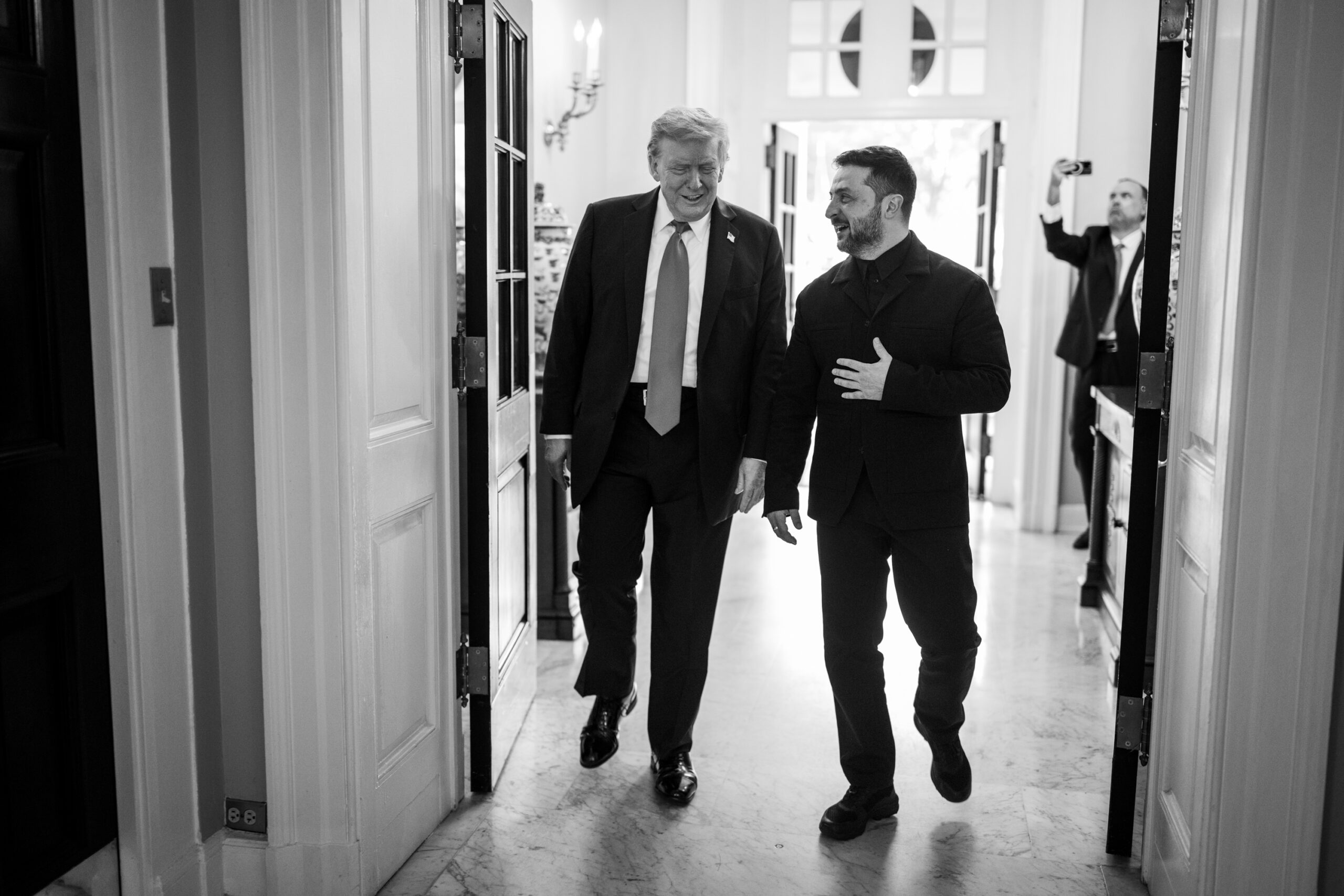Former President Donald Trump recently emphasized his efforts to end global conflicts, particularly following a meeting with Ukrainian President Volodymyr Zelensky. During a call with Fox & Friends on Tuesday, Trump stated, "We ended seven wars, I thought this would be one of the easier ones, and this has turned out to be the toughest one." He mentioned the longstanding conflicts in regions such as India and Pakistan, as well as the Congo and Rwanda, which he claimed to have resolved during his presidency.
Explainer Trump Designates Antifa as Domestic Terrorist Organization Amid Protests in Oregon
Trump's remarks come as he continues to advocate for peace in the ongoing Russia-Ukraine war. His administration has faced criticism from various quarters, including the media, for its approach to foreign policy. Supporters argue that his peacemaking efforts deserve recognition, while detractors question his motives and effectiveness.
In his comments, Trump expressed a desire to achieve a higher moral standing, jokingly stating, "I want to try to get to Heaven if possible. I’m hearing I’m not doing well, I am really at the bottom of the totem pole." This light-hearted quip was interpreted by some as a reflection of his self-awareness regarding the complexities of his legacy.
Critics of Trump have pointed out that while he may have brokered peace agreements, such as those in Rwanda and the Congo, the long-term stability of these regions remains uncertain. Furthermore, they argue that his approach to foreign policy has often been inconsistent, undermining his claims of success.
In contrast, supporters highlight the significance of his achievements in reducing military engagements. They contend that his administration's focus on diplomacy over military intervention marks a positive shift in U.S. foreign policy.
The theological implications of Trump's statements have also sparked discussion. While he highlighted the importance of saving lives, some commentators noted that according to Christian doctrine, salvation cannot be earned through good deeds alone. Elle Purnell, an assignment editor at The Federalist, emphasized that "none of your own works, not even an act as virtuous as saving lives, can earn you a spot in paradise."
Purnell referenced biblical teachings, including the parable of the Good Samaritan and Jesus' emphasis on the importance of peacemakers. She argued that while good works are commendable, true salvation comes from recognizing one's own unworthiness and accepting Christ's grace.
As Trump continues to navigate his post-presidency, his comments on peace and morality resonate with many of his supporters. However, the ongoing debates about his foreign policy legacy and the theological implications of his statements reflect the complexities of his public persona.
In summary, Trump's recent remarks on peace efforts and the quest for moral redemption highlight the ongoing discourse surrounding his presidency. While his supporters celebrate his achievements in diplomacy, critics remain skeptical about the long-term impact of his policies. The intersection of politics and theology adds another layer to the conversation as the nation reflects on the implications of his leadership.
Why it matters
- Trump claims to have resolved multiple global conflicts during his presidency, emphasizing his focus on diplomacy over military intervention.
- His remarks come amid ongoing debates about his foreign policy legacy, highlighting both support and criticism from various quarters.
- The intersection of Trump's comments on peace and morality sparks discussions about the complexities of his public persona and legacy.
What’s next
- Trump may continue to address foreign policy in upcoming speeches, potentially influencing voter perceptions ahead of the next election.
- Critics and supporters alike will likely engage in further discussions about the effectiveness of his diplomatic efforts as the Russia-Ukraine conflict evolves.
